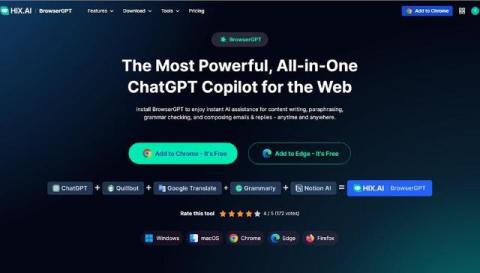AI in Cybersecurity: Benefits and Challenges
Cyber threats are getting more sophisticated and frequent. As a result, organizations are always looking for ways to outsmart cybercriminals. This is where artificial intelligence (AI) comes in handy. Artificial intelligence (AI) is transforming the cybersecurity landscape by offering faster, more precise, and more efficient means of identifying cyber threats.











